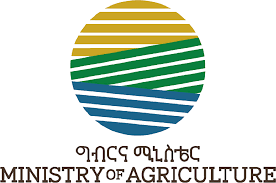
During the 2022/2023 fiscal year, Ethiopia's horticulture export industry generated USD 660 million in revenue. The sector is anticipated to reach USD 731 million in the upcoming 2023/2024 crop season.
The horticulture industry has the ability to produce foreign currency, produce jobs, make efficient use of small pieces of land, and promote food self-sufficiency. The next fiscal year's priorities center on expanding the sector's employment possibilities and increasing foreign currency revenues.
Due to the reliance on smallholder farmers, who supply more than 85% of the products, the income from horticulture exports is generally lower than that from the production of fruits and vegetables. Large-scale efforts to uphold quality standards are thwarted by inadequate facilities and scarce resources. Additionally, the growth of fruit and vegetable exports has hitherto received insufficient attention. Nevertheless, measures have been done to deal with these problems and boost export earnings in the forthcoming crop season.
According to the Ministry of Agriculture, to raise revenue from the fruit and vegetable industry, help will specifically be given to small-scale irrigation farmers who produce items for the global market and raw materials for agro-industries. The implementation of avocado production for the purpose of generating foreign currency has been effective, which has led efforts to develop and extend this sector. To help the horticulture sector grow and prosper, structural reforms have been implemented.
Source: Addis Zemen




